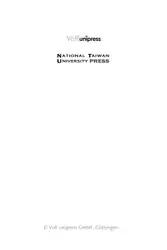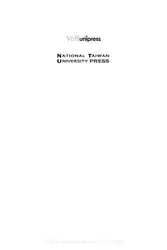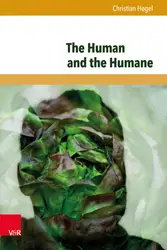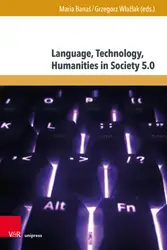This volume is meant to be a retrospective look at the field of Comparative Literature as it has developed in the past two decades, as well as a reflection on its future direction if it is to remain relevant (and innovative) as a field of study. From its inception in the second half of the twentieth century, Comparative Literature in the US has been conceived as a cross-disciplinary, cross-national, and crosscultural enterprise that brings together theoretical developments in the Humanities and Social Sciences to reflect on the most important intellectual and cultural trends from a comparative perspective through the lens of literary studies. Most of the founders of Comparative Literature were distinguished European scholars who sought a safe haven from the ravages of World War II and its aftermath and who, understandably focused on the Western literary, intellectual and cultural tradition, which at the time was in danger of being annihilated by the onslaught of Fascism and Communism. With the advent of the age of globalization the field of Comparative Literature has become increasingly diverse and must, therefore, be reoriented and recognized accordingly.
Starten Sie noch heute mit diesem Buch für CHF 0
- Hol dir während der Probezeit vollen Zugriff auf alle Bücher in der App
- Keine Verpflichtungen, du kannst jederzeit kündigen
Reihe:
Band 10 in Reflections on (In)HumanitySprache:
Englisch
Format:
The Concept of Humanity in an Age of Globalization
bookHumanism and Muslim Culture : Historical Heritage and Contemporary Challenges
bookExploring Humanity : Intercultural Perspectives on Humanism
bookInclusive Humanism : Anthropological Basics for a Realistic Cosmopolitanism
Christoph Antweiler
bookCrafting Humans : From Genesis to Eugenics and Beyond
bookApproaching Humankind : Towards an Intercultural Humanism
bookMultiple Experiences of Modernity : Toward a Humanist Critique of Modernity
bookThe Human and the Humane : Humanity as Argument from Cicero to Erasmus
Christian Høgel
bookThe Quantum Relations Principle : Managing our Future in the Age of Intelligent Machines
Hardy F. Schloer, Mihai I. Spariosu
bookLanguage, Technology, Humanities in Society 5.0
book










